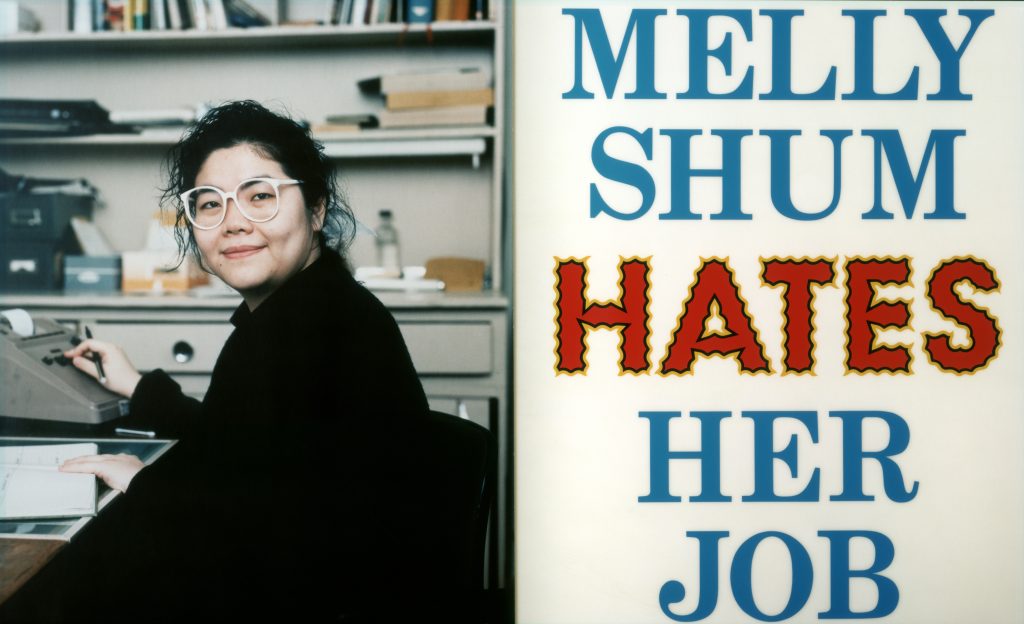Art World
After Ditching Its Colonialist Name, a Dutch Art Institution Has Renamed Itself After a Female Working-Class ‘Anti-Hero’
The institution formerly as the Witte de With will now be called the Kunstinstituut Melly.

The institution formerly as the Witte de With will now be called the Kunstinstituut Melly.

Kate Brown

After deciding to drop its colonialist name two years ago, a contemporary art institution in Rotterdam has finally settled on a new name that is more in line with its politics. The museum formerly known as the Witte de With Center for Contemporary Art will officially be the Kunstinstituut Melly, beginning in 2021.
The museum’s former name honored a Dutch naval officer who was known for colonial expeditions in Indonesia and for his involvement in the slave trade. In stark contrast, the new name will honor the fictitious “anti-hero” Melly, a woman struggling with a working-class job. She is depicted in the artwork Melly Shum Hates Her Job (1989) by Canadian conceptual artist Ken Lum, in a staged photo- and text-based work. The piece has been featured on a billboard on the building’s façade since its founding in 1990.
The billboard was originally meant to be temporary but it was so popular with the public that it become a permanent fixture. As Lum described it, the subject of his work arrived there “as a visitor,” back in 1990, and “the people of Rotterdam asked her to stay as a symbol for all those who have no choice but to work.” The new name will officially launch on January 27, 2021, alongside a year of programming that seeks to diversify the institution’s public engagement.
The museum’s director, Sofía Hernández Chong Cuy, says in a statement that the institution’s renaming responds to the “larger de-colonial movement.”
“Our ongoing project Melly has come to stand for a work culture that fosters public engagement, deep listening, and collective learning,” the director says.
The renaming process involved 280 participants, consulting in the form of small committees, public forums, and online surveys. It first began when the museum’s old name was challenged in an open letter in 2017 by a group of cultural practitioners. Years later, the institution had finally whittled down a shortlist at the end of last month that included the names, KAT (a Dutch-language acronym for contemporary art and theory), as well as the words “kin” and “Haven.”
The name Melly only came up in a final round of discussions about what was “missing” in the other names. In its selection process, the various committees sought a name that was characterized by vulnerability, openness, and inclusion. Of all the names, Melly was chosen as the most clear and effective embodiment of these traits.
“What was important for me was that the new name would not only be one that holds the institution accountable but also shows that it wants to interact with the neighbourhood it is in,” advisory committee member Yahaira Brito Morfe said in a public report on the name choice. “Choosing Melly, that has a long history locally, promises that the institution wants to be connected and have a dialogue with the city.”
The name changing initiative is part of a broader institutional transformation taking place at the museum as it seeks to diversify itself through staff hires, board recruitments, as well as staff training and policy development.